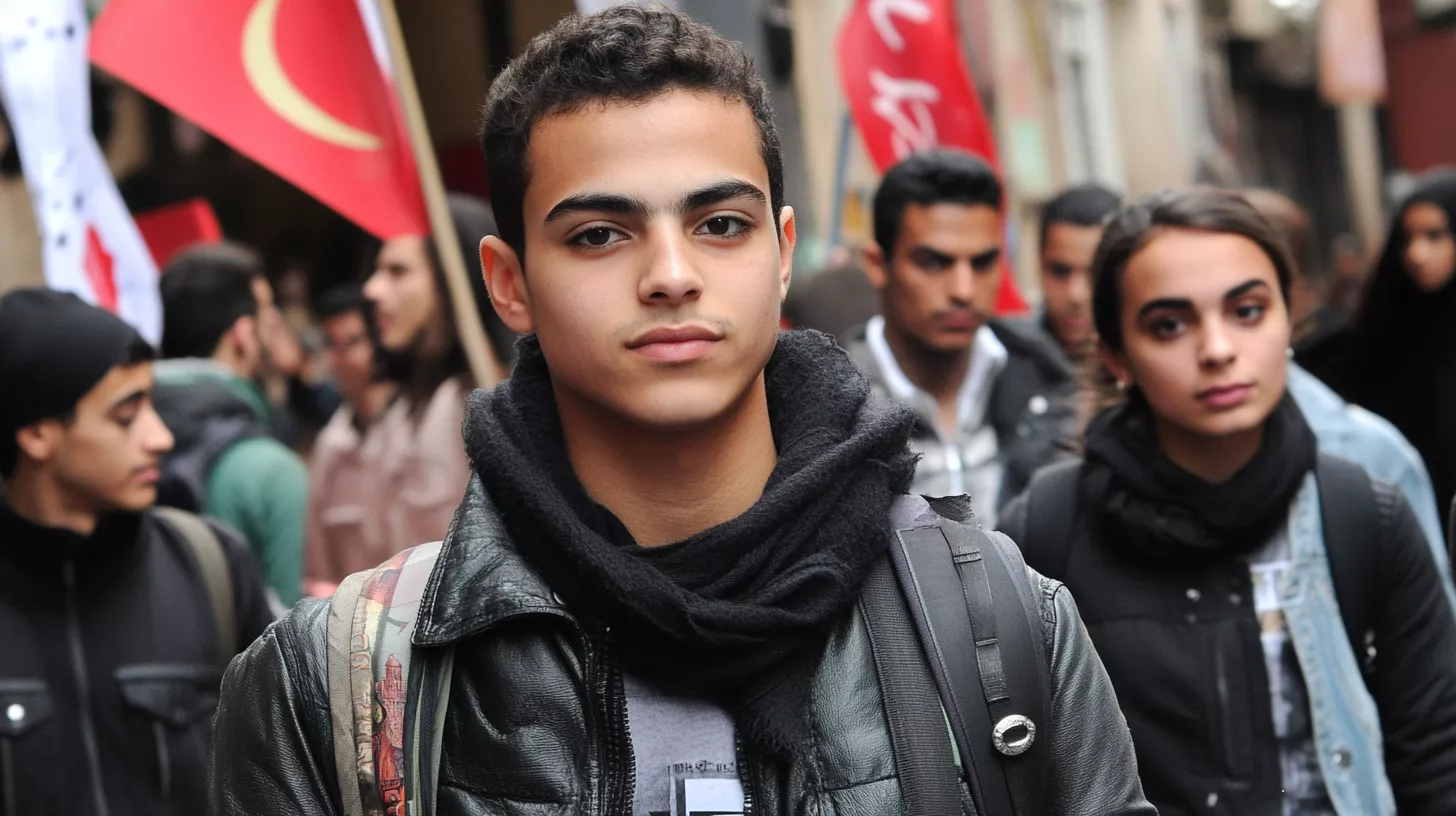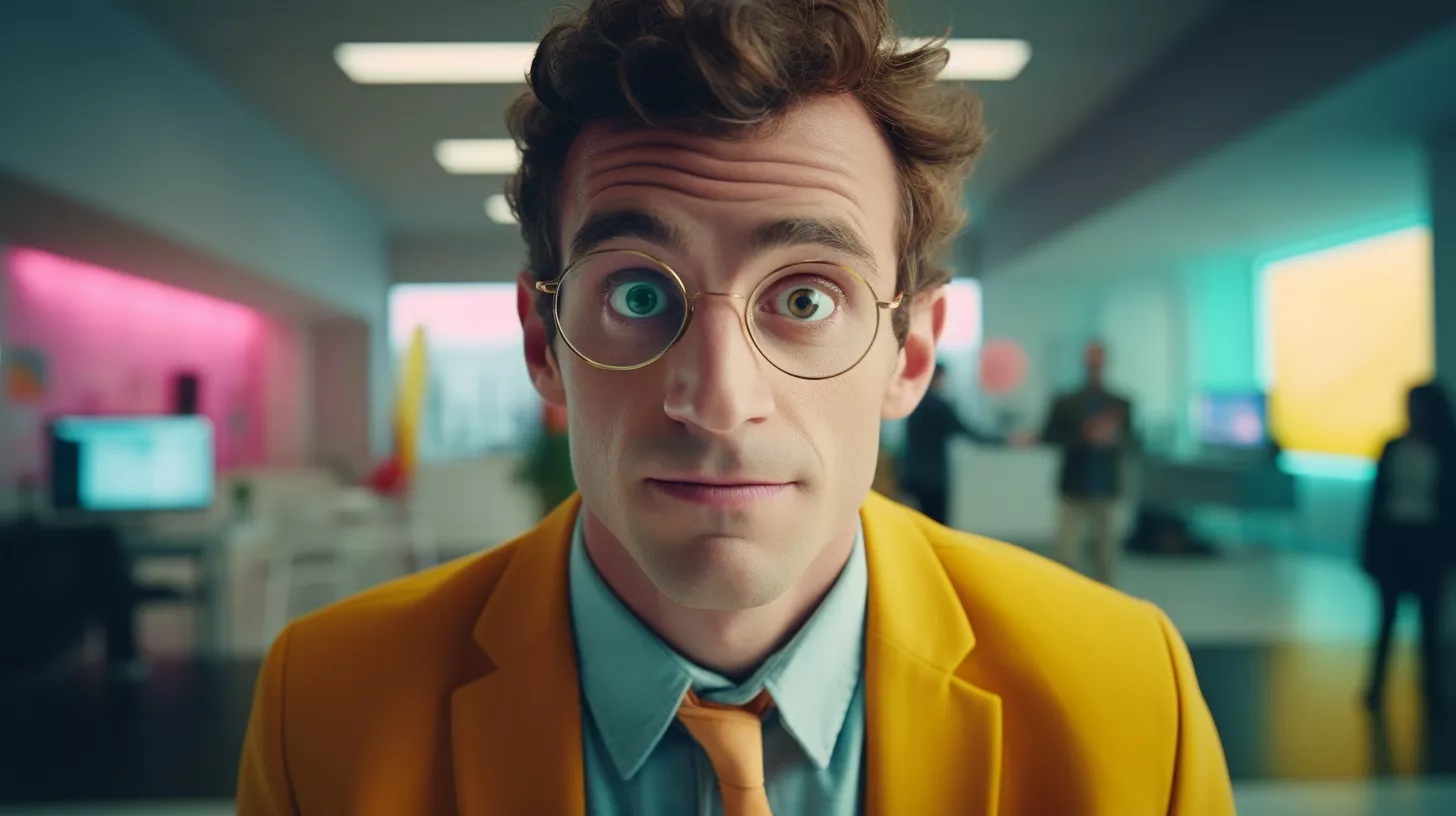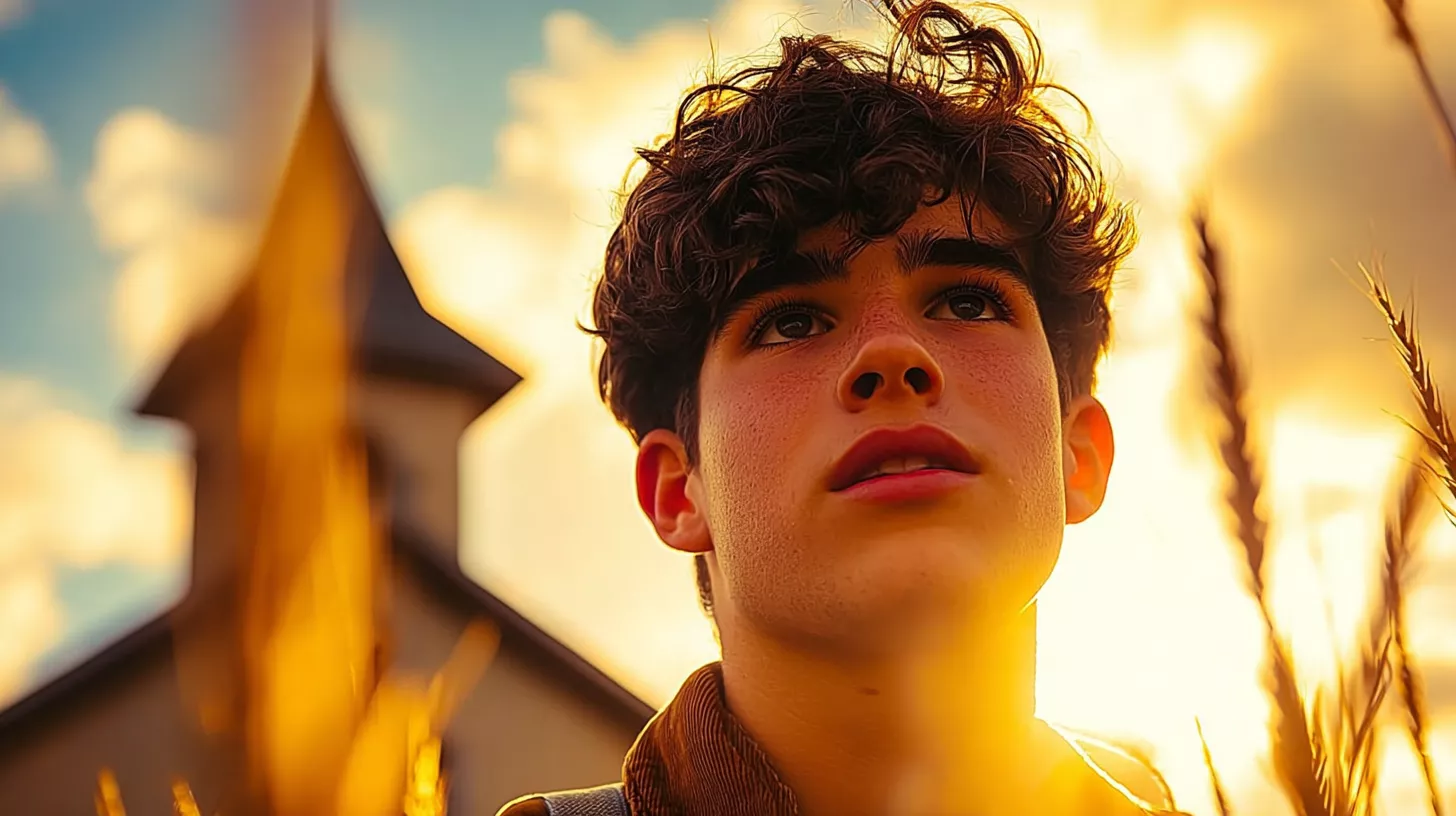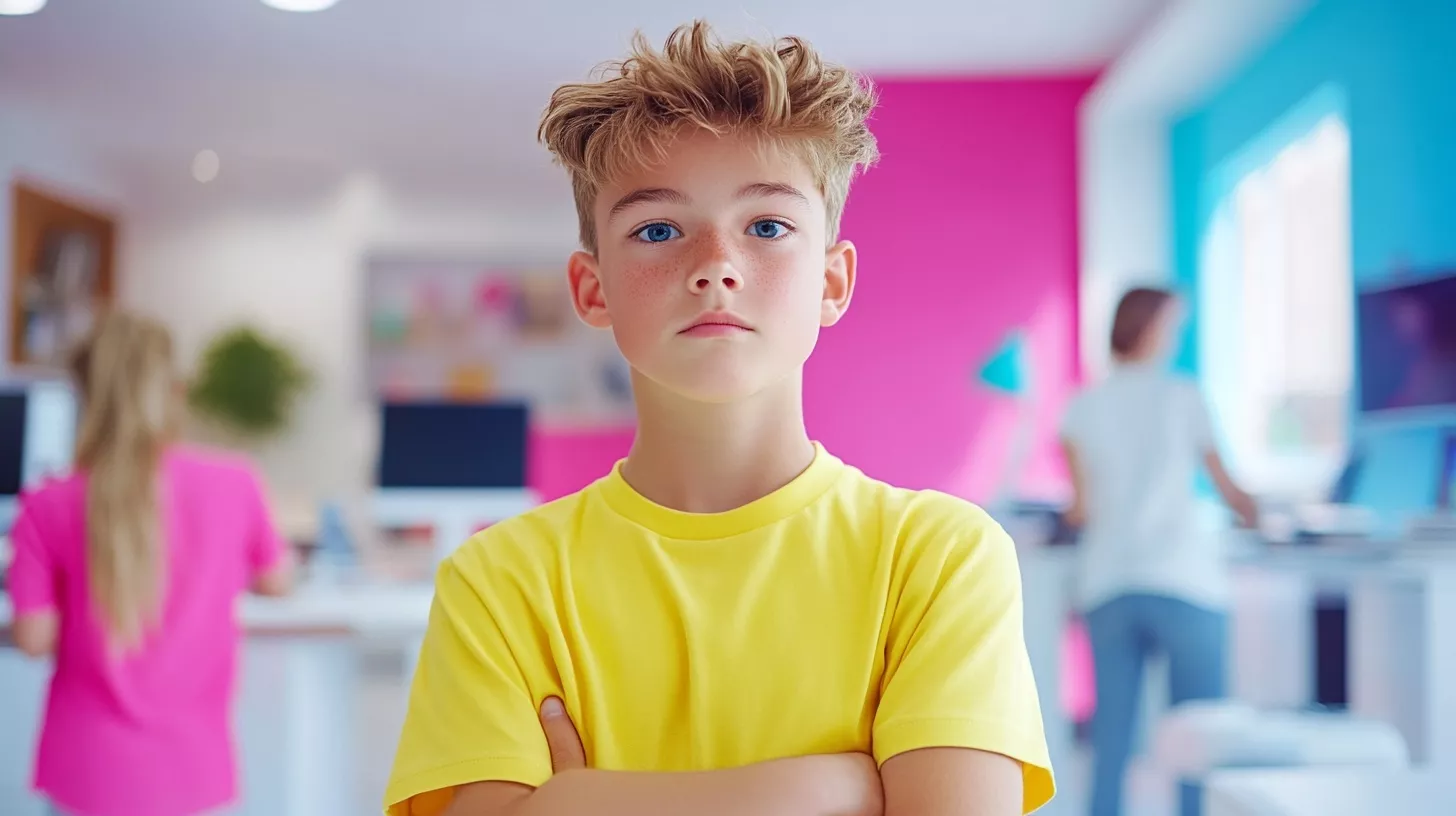Written by Benoît Vancauwenberghe, European strategist and leading expert on Generation Z
Share on :
Images designed with next-gen intelligence.

I don’t usually write about current events. This space isn’t political; it’s generational. But sometimes, a movement reveals more about the heart of a generation than any statistic ever could.
In Morocco, something remarkable has been happening. A youth movement calling itself Gen Z 212—named after the country’s international dialing code—has taken shape both online and in the streets. From Casablanca to Tangier, thousands of young people, many under 25, have gathered to say a simple word: “Kafi” — Enough.
The number 212 is more than geography. It’s a symbol of connection, of pride, and of belonging to a country that raised them but no longer hears them. Within days, a Discord server named Gen Z 212 attracted over 170,000 members, turning from a chat room to a collective conscience.
Behind the noise, one fact speaks loudly: youth unemployment stands at around 36 %.
But frustration alone doesn’t start a movement. What’s new is the way this generation frames its frustration — in the language of visibility, dignity, and voice.
Morocco’s cultural imagination at work
What makes this uprising distinct is not just its digital form, but its cultural soul. It speaks in Darija, the Moroccan Arabic that mixes Arabic, Amazigh, French, and English in a living mosaic. That choice matters: it is inclusive, ironic, emotional — a language that mirrors the streets, not the speeches.
The memes and slogans of Gen Z 212 weave humor with heritage. Some remix old proverbs, others use the rhythm of chaâbi songs or street poetry. It’s a protest shaped by Moroccan wit, bold, resilient, and often coded.
Unlike past revolts centered on ideology, this one borrows symbols from both global pop culture and local identity — the flag emoji beside K-pop lyrics, Quranic verses beside memes of exhaustion. It doesn’t reject religion or tradition; it reframes them. This is a generation that carries its spirituality lightly but sincerely, mixing reverence with realism.
In a way, Gen Z 212 is writing its own Moroccan modernity, neither imported nor imposed.
The Unequal Generation
There is also a paradox beneath the movement’s unity: not all Moroccan youth can join the digital revolution that fuels it.
The country’s internet penetration is about 88 %, yet access is uneven. Urban youth tweet and stream; rural youth watch and wait. In Rabat or Casablanca, young people rally through Discord and TikTok. In the Rif or the Atlas, the connection drops with every kilometer.
Language deepens this divide. Those fluent in French or English can access global narratives of activism. Others rely on local channels, sometimes disconnected from the larger conversation. Even within Gen Z, there is a gap between those who shape the story and those who live its consequences. And still, the same sense of “enough” runs through both worlds. Digital inequality slows the wave, but doesn’t stop the tide.
Not the First, But Different
History has seen young people rise before.
- In 1789, apprentices marched with the people to storm the Bastille.
- In 1968, students flooded the streets of Paris, demanding freedom and imagination.
- In 1989, the world watched Tiananmen Square fill with courage and grief.
- And in 2011, the Arab Spring gave millions of young voices a moment of global resonance.
Each of these uprisings began with a rupture between generations — a feeling that those in charge had stopped listening.
But Gen Z 212 belongs to a different ecosystem: a leaderless, borderless, hyper-connected movement. Their revolution is not about taking power; it’s about restoring meaning. They don’t wait for a manifesto. They act when something feels wrong. They don’t need one ideology; they share one emotion, enough.
Sociologists call this affective mobilization: a protest built not on doctrine but on shared feeling.
It’s what makes Gen Z’s movements more fluid, less predictable, and, perhaps, more human.
Why They Matter
This generation’s courage is quiet and collective. They have grown up with crisis — climate, economy, mental health, inequality — as background noise. But unlike many before them, they refuse to normalize it.
They are not waiting for better systems; they are forcing them to evolve. They make the invisible visible, whether through videos, data, or presence in the street. And they remind us that social change is not always born from strategy; sometimes it begins with exhaustion that finally finds a voice.
And Now?
Movements like Gen Z 212 rarely end neatly. They shift. They echo. They teach. Perhaps this one will fade, or perhaps it will grow into something more organized. But something irreversible has happened: a generation has tested its voice and found it works.
The next challenge is not only political but cultural — how to translate protest into participation, voice into influence, frustration into design. Whether through entrepreneurship, art, activism, or simple acts of speaking truth in daily life, Gen Z 212 has shown what sociologists call collective efficacy — the belief that ordinary people, together, can make change real.
And maybe that belief, more than the protest itself, is what will shape Morocco’s future — and, by reflection, our own.
They are not the generation that waits.
They are the generation that wakes.
Q&A
Gen Z 212 is a youth-led movement that emerged in Morocco in 2025, uniting thousands of young people online and in the streets to demand dignity, opportunity, and social justice. The number 212 refers to Morocco’s international dialing code, which became a symbol of national identity and digital belonging.
Unlike older, ideology-driven revolutions, Gen Z 212 is decentralized and digital-first. It blends memes, multilingual expression, and collective emotion rather than hierarchy or party politics. It reflects Gen Z’s global culture of connection, creativity, and refusal to wait for permission to be heard.
Sociologists link the protests to high youth unemployment, around 36 % and deep frustration with inequality, corruption, and lack of voice. But the movement is also cultural: it expresses a generation raised on global networks, fluent in Darija, French, and English, seeking both modernity and dignity.
It shows a generation that transforms visibility into agency. Moroccan Gen Z doesn’t only share content; they create movements. They collaborate, speak across languages, and blur digital and physical worlds, proving that even in complex contexts, they are the generation that no longer waits.
It speaks in Darija, a blend of Arabic, Amazigh, French, and English. It borrows humor from street poetry, rhythm from chaâbi music, and imagery from local proverbs. Religious and cultural references appear not as dogma but as vocabulary—symbols of identity reclaimed by youth rather than imposed by authority.
More than a blog
At 20something. We explore how generations rise, shift, and shape the world around them. Our goal is simple: to understand the people behind the trends, the feelings behind the data, and the courage behind the change.
If you believe that listening to youth is the first step toward building the future, stay with us. The story of this generation is just beginning.
You may also like these articles
Explore our collection of articles decoding youth culture, Gen Z, and Gen Alpha.







